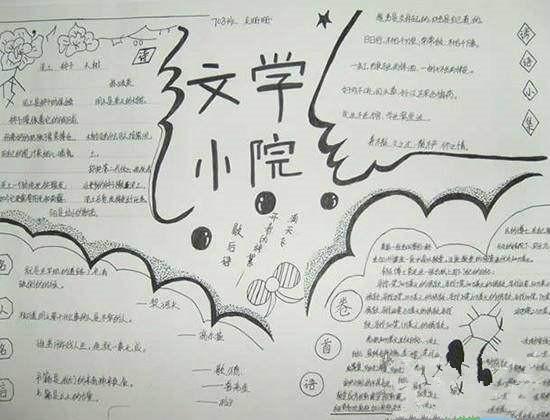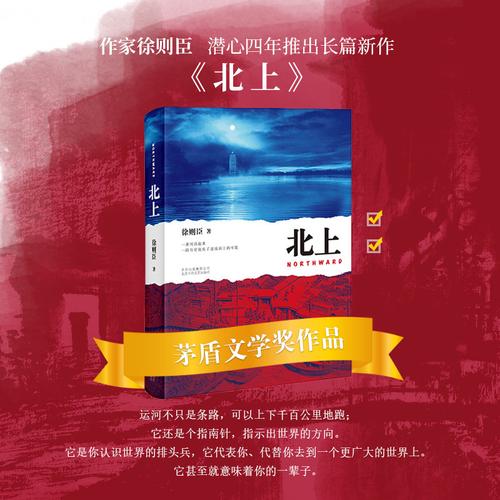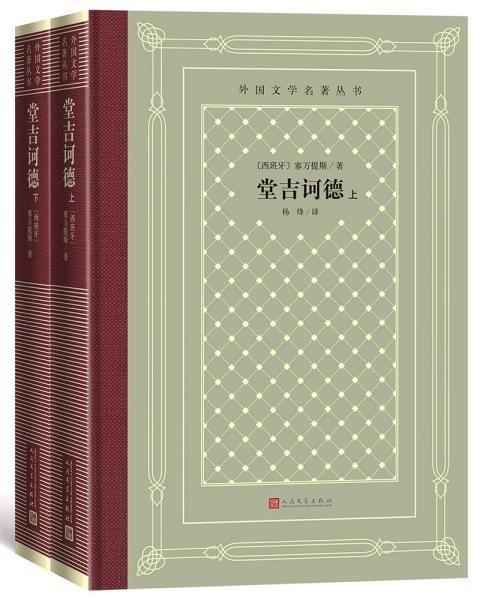Abstract:
In
Chinese,there
is
a
type
of
sentences
known
as
non-subject
sentences
and
it
is
quite
often
used.
However,there
is
no
non-subject
sentence
in
English.
Therefore,in
translation
we
have
to
translate
Chinese
non-subject
sentences
into
various
English
sentences.
In
this
paper,we
discuss
the
most
often
used
techniques
in
translating
Chinese
non-subject
sentences
into
English.
Key
Words:
non-subject
sentence
translation
无主句是指没有主语[1]的句子,这类句子的特点是从结构上看它们没有主语,但是,其它句子成分都有可能出现。汉语中有大量的无主句,它是十分常见的句式之一。汉语无主句有着以下特征:
1.
语义简洁、明了、不拖沓;
2.
虽然没有主语,但是,其主语要么是不言而喻的;要么是在上下文中已经表达明白了的;要么是泛指的人或事物;要么是在语境[2]中已经确定了的;
3.
在诸如公文体、科技体等正式语体中无主句大量使用;
4.
书面语的无主句常常具有严肃性、权威性的特点;
5.
指令性(含禁令性)语句,大量使用无主句加以表达。
英语句子除祈使句型和省略句型以外,一般都是有主语的。因此在翻译汉语无主句时,必须根据具体情况选择不同的英语句式加以表达。本文拟对汉语无主句英译时的一些规律性的东西作一个初步的总结和讨论。
一、用There存在句翻译无主句
有的无主句表达一种事实,特别是科技语篇中这种用法十分常见。在翻译的过程中,我们可以用英语的There存在句翻译这一类无主句。使用There存在句可以把所述存在物或情况用作英语句子的实义主语。
(1)
不容否定一批新型材料的作用,这些材料包括合成纤维如尼龙,和合成树脂,如乙
烯基树脂。
There
is
no
denying
the
function
of
lots
of
new
materials,including
synthetic
textiles
such
as
nylon
and
synthetic
resins
such
as
vinyl
resins
(2)出于诸如生产裂变材料、放射性同位素以及发电等不同目的,不能忽视安装多种类型的反应堆。
There
should
be
no
neglecting
the
carefulness
in
installation
of
types
of
reactors
for
a
number
of
different
purposes,such
as
the
production
of
fissile
materials,the
production
of
radio
isotope,and
the
generation
of
electricity.
二、用分裂句翻译无主句
汉语无主句可以用来强调某些语义成分。常见的强调型无主句由“正是”、“就是”等词语引导。英语分裂句(cleft-sentence)也可以表达强调语义。所以,许多强调型无主句可以用分裂句来翻译。
(3)正是为了减少摩擦力才把机器部件上了油。
It
is
for
the
purpose
of
lessening
friction
that
we
oil
the
machine
parts.
(4)就是只在使用雷达时,才能把远距离的轮廓显示在接收机的荧光屏上。
It
is
only
when
radar
is
made
use
of
that
the
outlines
of
distant
objects
can
be
shown
on
the
viewing
screen
of
the
receiver.
三、用被动句翻译无主句
被
动句的大量使用是科技和其它正式英语语体的明显特征之一,同时,英语被动句的使用频率远高于汉语被动句的使用频率。其中一部分英语被动句式跟汉语无主句所
表达的意义相同。我们可以用英语被动句来翻译这一部分无主句。最常见的情况是:可以译成被动句的无主句是语义上相当于英语It
is
V-ed
that-cl和S+be+V-ed+to
inf结构所表达的含义这一类型。其它类型的无主句,也有可以译成被动句的。
(5)估计这需要十万美元。
It
is
estimated
that
it
will
cost
$100,000.
(6)据悉他今天来不了。
It
is
said
that
he
can
t
be
here
today.
(7)据说双方已经同意达成一个解决办法。
Both
sides
are
said
to
have
agreed
to
a
settlement.
(8)应该保证操作过程中脉冲信号本身不出现中断现象。
Care
should
be
taken
to
ensure
that
the
pulse,itself
shall
allow
no
interruptions
during
operation.
(9)除液化汽之外,不可使用其它燃料。
No
other
fuel
but
liquefied
gas
is
allowed.
四、用英语祈使句翻译无主句
指令句型和禁令句型有很多是无主句。这些句子经常用于法律文书、说明文书、实验指南、招牌说明、包装物的指示说明以及各种指令等文体。英语的祈使句通常也可以用于指令和禁令的表达。因此,指令型和禁令型无主句中有许多可以译成英语的祈使句。
(10)请勿在此喧哗。
Don
t
talk
here.
(11).
小心轻放。
Handle
with
care.
(12)开动辅助燃油压力系统,使燃油压力达到1.20千克/平方厘米。
Operate
the
auxiliary
fuel
pressure
system
to
obtain
a
fuel
pressure
of
1.20
kg/cm2.
(13)开机前,务必把机器放置平稳。
Make
sure
that
the
machine
is
level
before
starting
it.
五、用省略句翻译无主句
这
种处理方法,主要用于翻译包装物的指示说明和招牌用语,有的简短说明或指示语也可以这么处理。需要注意的是在翻译这类无主句时,一定要特别注意照顾到英语
的表达习惯。千万不能只考虑汉语意思,然后用一个表面上正确的说法对译过去就算了。我们曾经见到过有的公共场所挂着:“Do
not
smoke!”
、“Do
not
spit!”字
样指示牌。这些就是典型的只看汉语外加正确的英语语法的死译。表面上看这些译法好象并没有什么错误,但是,挂在那里就是不对劲。原因在于译者没有注意到语
言的使用是需要讲究:在适当的语境下使用得体的语言表达形式的。而这“得体的语言表达形式”有时是约定俗成的。作为语言使用人的译者只有遵循这些约定俗成
的义务,而无权破坏它们。
(14)此端向上。
Right
side
up.
(15)请勿抽烟。
No
smoking.
(或:Non-smoking.)
(16)严禁内服。
For
external
use
only.
(17).
请勿动手。
Hands
off.
六、用英语SVC结构翻译无主句。
有的无主句可以用英语的主+系+补结构来翻译。在作这样的翻译处理时,要注意到此时,英语句子中的主语通常是相应汉语句子中的宾语。
(18)应当使整个生产过程不受污染。
The
entire
process
should
be
free
of
contamination.
(19)需要定期维修。
Regular
maintenance
is
necessary.
七、用先行it作主语的句型翻译无主句
这是的英语句子,用it作形式主语,用不定式或that分句作真实主语。
(20)在当今社会上,学好英语十分重要。
It
is
extremely
important
to
master
English
in
society
today.
(21)最好空腹服此补品。
It
is
your
best
choice
to
take
the
tonic
on
an
empty
stomach.
(22)要求倒换一下阴极和阳极。
It
is
required
that
the
polarities
of
cathode
and
anode
should
be
reversed.
八、根据具体情况,选取一个适当的主语来翻译无主句。
很多情况下,我们可以在英语译文中增加泛指人称代词作为句子主语。有时,也可以根据增加或选用一个恰当的名词主语。
(23)必须熟习各种国际惯例。
You
should
be
familiar
with
various
international
practices.
(增加泛指人称代词you)
(24)不要在此停车。
We
can
t
park
here.
(增加泛指人称代词we)
(25)对下列问题,必须经出席会议的董事一致通过,方可作出决定。
Decisions
on
the
following
items
shall
be
made
only
when
unanimously
agreed
upon
by
the
directors
present
at
the
Board
meeting.
(选择名词decisions作主语)
至此我们例举了八种翻译汉语无主句是经常使用的处理方法。除上述八种常见的处理方法以外,还可以根据具体情况,将无主句译成其它形式的英语句子。但是,这八种处理方法是翻译汉语无主句时的最为经常使用的,我们在从事翻译活动时应该灵活使用
更多推荐
无主句翻译初析








发布评论